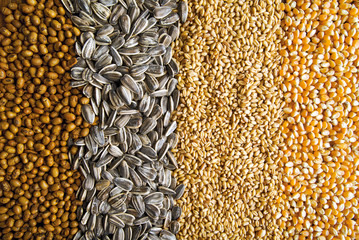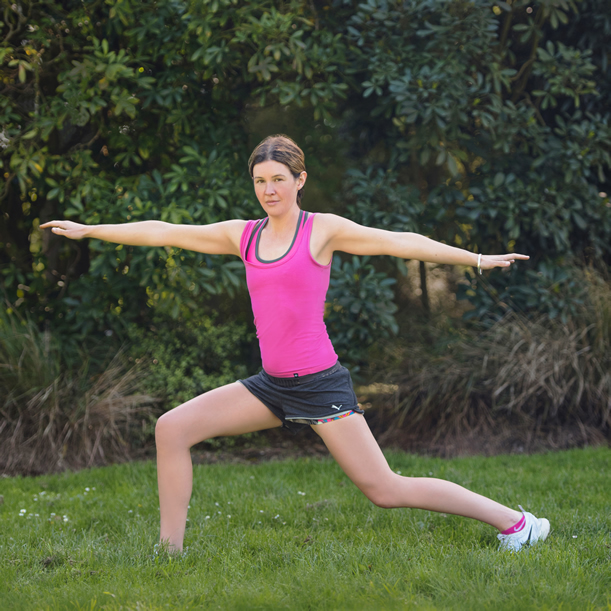As a fitness and nutrition professional, I get to work with people from all walks of life. Male and female, young and old, seasoned athletes and casual exercisers, of all different ethnic backgrounds. I love the diversity in helping people address their particular lifestyle challenges. We resemble the same basic form from a distance, but up close we have our own intricacies that separate us from everyone else.
Do you know what the three most common complaints are that I hear from clients?
- “I have no energy, I’m always tired.”
- “I can’t recover from my workouts, my muscles are always so sore.”
- “I can’t seem to lose any body fat.”
Well, guess what? Nine times out of 10, the common problem is that my clients do not eat enough quality food.

Why is food so important.
The human body is a finely-tuned biological machine, capable of incredible feats of strength, intelligence, memory, powers of deduction, learning, balance, and the list goes on. Like any finely-tuned machine, clean and constant fuel, in our case, food, in the form of protein, carbohydrates, good fats, vitamins and minerals needs to be readily available and ingested. If not, this machine will slow down, perform poorly and ultimately, stop running. There are basic generalizations to be made about humans as biological beings, about how our systems operate, and how we will react under certain circumstances. There are also particular differences that set people apart, that often need to be addressed on a case-by-case situation. Food intake and nutritional programming fall into this and are by far the most common challenges I see in my industry. Looking into and understanding specific nutritional needs for each person is very important. It and should be looked at on an individual basis for more focused programming. What I can say, is that most people are not eating enough food, particularly protein, to help them maintain a healthy state of existence, let alone an exercise regimen.

Contradiction with advice.
Society has a funny way of training people to be creatures in constant contradiction. To have more wealth, property, friends, and toys is an indicator of success and control, while at the same time, to have less size, to consume less food, to appear smaller in body mass, are also indicators of being in control. Combine these societal pressures with mankind’s ever-increasing pace to “get it done,” and you have a perfect recipe for cutting corners and taking the fast-and-easy route. Enter the era of fast food and quick fixes, of 30-minute abs and fad diets, of microwavable foods and energy drinks. Somewhere along the way to build a better, faster, more efficient life, humans forgot the most basic principles; live life to the fullest. Slow down, move your body, and eat real food.
Changing Habits.
Changing habits that have been ingrained over long periods of time is challenging. Lifestyle changes can be difficult, but if you’re ready, there’s no better time to start than now! Keep it simple. Look at your food consumption habits, keep a food diary for one week. Journal what you eat and drink, including condiments, approximate amounts, and the times of day that you eat, and then answer the following yes/no questions:
- Are you having protein in each meal?
- Are you eating fresh fruit and/or vegetables at least three times of day?
- Are you eating good fats?
- Are you eating a variety of complex carbohydrates?
If you answered no to any of these, you need to make some changes in your nutritional lifestyle. If you are interested in being more vibrant, having more energy, optimizing your workouts, or losing weight, you must work on your relationship with food. It’s not rocket science, but it will take a little time, patience and perhaps tapping into some resources to create change.


